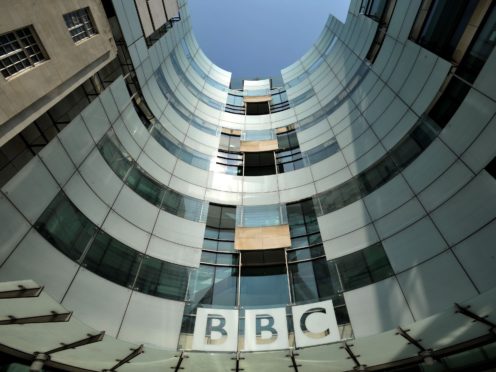The BBC will tackle the fake news phenomenon with the launch of an international initiative that delves into why and how disinformation is shared.
The Beyond Fake News project from the BBC World Service Group will kick off on November 12 with the release of findings from original BBC research into the spread of false information.
The research was conducted with the help of people who gave the corporation access to their encrypted messaging apps in India, Kenya and Nigeria.

The project aims to “fight back” against fake news, which can cause both social and political harm across the world, with a major focus on global media literacy, panel debates in India and Kenya and hackathon events to explore technological solutions to the widespread issue.
There will also be a Beyond Fake News season of documentaries, special reports and features on the BBC’s international TV, radio and online networks.
Fake Me, a documentary exploring the lengths to which young people will go to achieve social media perfection, is among the programmes on offer.
Another documentary looks into how fake news can go viral, particularly on social media platforms, and how publishers are tricked into sharing stories that are false, while one mini-documentary tells the story of two men in a village in India who were lynched after rumours on WhatsApp suggested they were child abductors.
The Beyond Fake News project has already started hosting workshops in India and Kenya, drawing on the BBC’s work in tackling disinformation in UK schools with similar digital literacy workshops.
Jamie Angus, director of the BBC World Service Group, said: “In 2018 I pledged that the BBC World Service Group would move beyond just talking about the global ‘fake news’ threat, and take concrete steps to address it.
“Poor standards of global media literacy, and the ease with which malicious content can spread unchecked on digital platforms mean there’s never been a greater need for trustworthy news providers to take proactive steps.
“We have put our money where our mouth is and invested in real action on the ground in India and in Africa.
“From funding in-depth research into sharing behaviours online, to rolling out media literacy workshops globally, and by pledging to bring BBC Reality Check to some of the world’s most important upcoming elections, this year we’re carving our path as a leading global voice for spotting the problems, and setting out ambitious solutions.”
